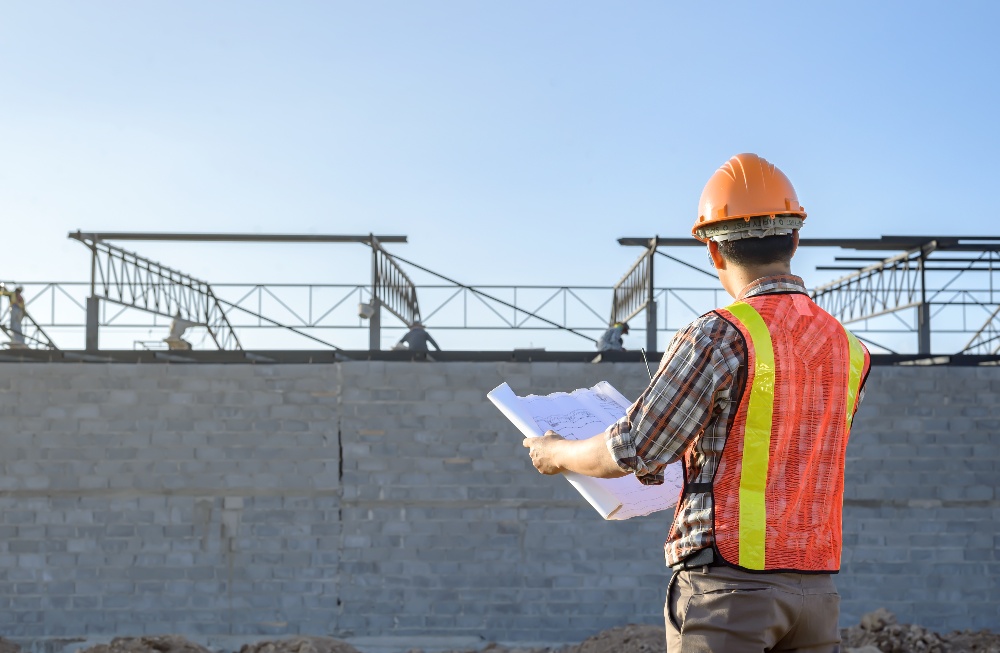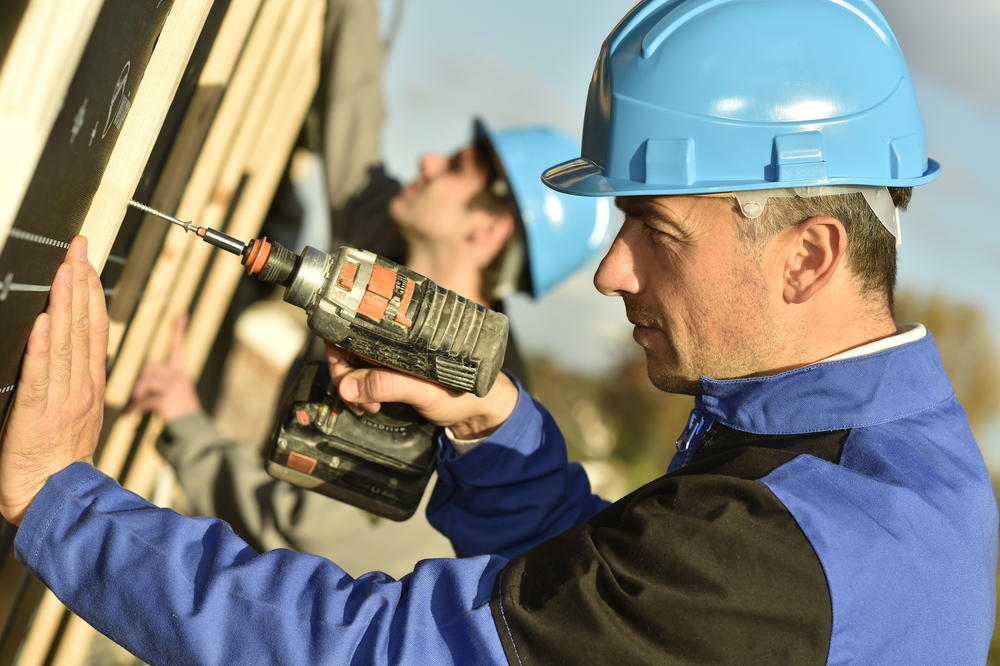Construction is at a near halt in most states, and insurers and contractors are hoping for a vital restart of large and essential projects. In certain states, builders are back in business with some necessary precautions. In other states, restrictions are firmly in place. Here's an outline of what you can expect from the states where we offer coverage.
Connecticut
In Connecticut, construction is clearly defined and includes all skilled trades such as HVAC, plumbers and electricians. General construction that is both commercial and residential is permitted. Planning, engineering, design and other construction support activities is also permitted.
Maine
The state of Maine has elected to adhere to brevity when listing their essential businesses. As of April 3, 2020, Construction, Maintenance and Property Management is deemed essential. Boat builders, utility maintenance workers, plumbers and electricians are also deemed essential.
Maryland
Maryland has outlined a formal document indicating which sectors may remain open as critical infrastructure sectors. Commercial and residential construction companies have been listed as critical in their guidance. HVAC, plumbing, roofing, landscaping and electrical contractors may also continue operations.
Massachusetts
In Massachusetts, guidelines have been clearly outlined with a zero tolerance approach to compliance. This zero tolerance guidance is mandated for all construction projects conducted on behalf of the state. Additional guidance was outlined for private construction projects. Essential projects may include: Maintenance and repair of essential public works facilities, construction of critical strategic infrastructure, maintenance of roads and bridges, signal maintenance, construction of public schools, colleges, universities and state facilities, construction of housing and much more1.
Learn More | State Run Project Guidance
New Hampshire
New Hampshire has a robust outline of various construction related businesses that can still maintain operations during the pandemic. Operations deemed essential include: Construction Workers who support the construction, operation, inspection, and maintenance of construction sites and construction projects (including housing construction), contractors that maintain digital and communications infrastructure, commercial and residential landscaping services, agricultural equipment maintenance, electricians that maintain critical energy infrastructure, environmental remediation and monitoring, natural gas and pipeline workers and construction of critical or strategic public works infrastructure (including roads).
New Jersey
New Jersey has ceased non-essential construction projects; however, they have very clear guidance as to which projects may continue. Projects for health related operations, roads, bridges and physical infrastructure, utilities, affordable housing, K-12 and higher education facilities and emergency repairs may continue. Single-family home construction that is already underway, and with a crew of five or fewer persons, may also continue.
New York
While New York has called for all non-essential construction to cease, there are several projects that can still continue under the Governor's executive order. These projects include: Emergency construction for public health projects, construction on roads, bridges, transit facilities, utilities, hospitals and healthcare facilities, construction for affordable housing and more.
Ohio
The language for essential construction in Ohio is specific to critical trades. Building and construction tradespeople are considered critical and may remain open; however, it is likely the operation will need to be for the purpose of maintaining or fixing a critical or essential business or service. Plumbers, electricians, exterminators, HVAC contractors and painters are also listed as critical.
Pennsylvania
In Pennsylvania, transportation projects have gained new access to resume operations. They will adopt a phased-in approach to restarting their construction projects. In phase one, only projects that can maintain social distancing measures will be permitted. In phase two, additional projects where social distancing is difficult may be permitted with necessary safety precautions. By phase three all other transportation projects will resume.
Rhode Island
The state of RI is taking a more relaxed approach to specifying which construction projects can remain active. They advise that businesses operate with strict parameters to prevent the spread of the virus. Most of the regulations regarding business operations in Rhode Island have been limited to retail operations.
Vermont
Per the Governor's Executive Order, only construction needed to support the COVID-19 response, maintain critical infrastructure, or for the safety, sanitation and operations of residences or businesses is currently permitted. Providing services to a hospital or healthcare facility would be acceptable but all non-essential projects should cease.
We hope this information is helpful to your agency as you navigate the complex approach to marketing insurance during the pandemic. If you have any questions about a specific risk, we can help. Email info@neee.com or call 1-800-548-4301 to speak with a knowledgeable underwriter about which business operations we can place in your state.
Please be advised that New England Excess Exchange, Ltd. does not offer formal guidance regarding the status of business operations during the COVID-19 pandemic. We strongly advise you and your insureds research your states current regulations prior to proceeding with obtaining coverage.
1. https://www.mass.gov/info-details/covid-19-essential-services#construction-related-activities-






